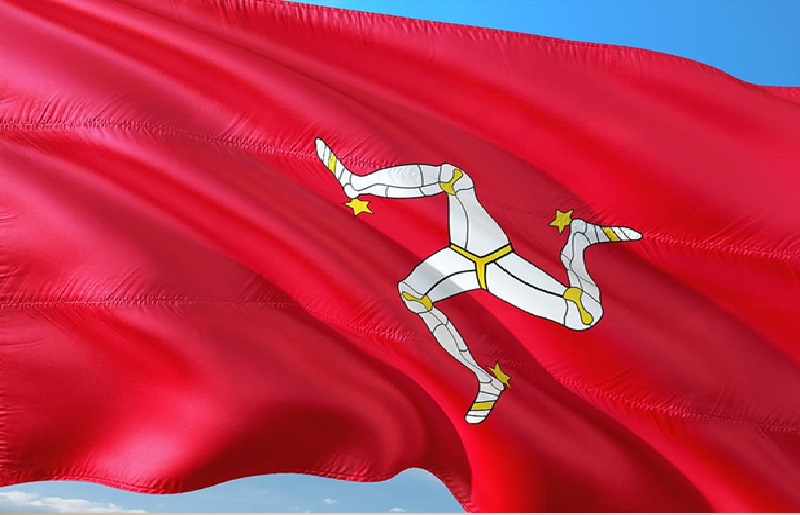
Growing a new business from the ground up can feel like a daunting prospect. For start-ups in hugely competitive markets, it’s a big challenge to lock horns with well-established businesses and brands with strong partnerships, contacts and workforces.
However, some new businesses have managed to leverage existing expertise, assets and partnerships to hit the ground running and scale quickly.
There are many instances of successful spin-offs and strategic acquisitions which have thrived without starting entirely from scratch. Below, we’ll discuss three impressive examples, as well as the learnings from these success stories.
Alphabet
Alphabet, the parent company of Google, is another prime example of a spin-off business that didn’t start from scratch. While Google was already a tech giant by 2015, its co-founders, Larry Page and Sergey Brin, sought to create a broader structure for their growing portfolio of ventures. Thus, Alphabet was born as a parent company overseeing Google and its other subsidiaries, such as Waymo, specializing in self-driving cars, Verily, focused on healthcare technology, and DeepMind, the experts in artificial intelligence.
The creation of Alphabet allowed Google’s core business to focus on search engines and advertising while giving its other projects the independence to innovate and grow. Alphabet’s approach has facilitated rapid advancements in cutting-edge technologies, solidifying its reputation as a leader in multiple industries, from AI to autonomous vehicles.
Rather than starting new businesses independently, Alphabet leveraged Google’s resources, reputation, and revenues to create a thriving ecosystem of innovation.
Games Global

Founded in 2021, Games Global is an upstart online casino game provider that’s made a real splash in the last few years. What’s been the secret of their success and why are they now a dominant force in the supply of state-of-the-art casino games online?
You may not know that Games Global is a spin-off company from Microgaming. It was founded by a group of iGaming industry veterans, including some major figureheads from the Isle of Man-based Microgaming. Their first mission was to gain exposure. In 2022, they acquired Microgaming’s Quickfire platform, which consisted of a suite of 3,000+ casino games, plus access to the content of many of Microgaming’s partnered studios.
This move helped the Games Global name gain overnight credibility and exposure, effectively piggybacking off the Microgaming portfolio. It’s a move that’s worked well in some of the fastest-growing iGaming markets, not least in Canada. At Betano, which is one of the leading online casino Canada-licensed brands, Games Global has now surpassed Pragmatic Play as the biggest supplier of slot games – 739 titles to be precise.
PayPal
PayPal is one of the most successful companies to emerge from a spin-off strategy. Originally a part of eBay, PayPal started out as the online marketplace’s primary payment platform. However, in 2015, PayPal was spun off as an independent entity to capitalize on the rapidly growing digital payments market.
With eBay’s global reach and PayPal’s established user base, the company didn’t need to build a customer network from scratch. Instead, it could focus on expanding its services and becoming a leader in the fintech industry. Today, PayPal operates in over 200 countries, offering everything from peer-to-peer payments to merchant services and cryptocurrency integration.
This strategic separation allowed PayPal to grow rapidly, attract investors, and innovate in ways that may not have been possible under eBay’s umbrella.
Whether it’s leveraging existing networks, intellectual property or active customer bases, this trio of firms avoided the plethora of pitfalls of starting from scratch, better positioning themselves for long-term sustainability. These firms show that it’s possible to succeed without reinventing the wheel, leaning on solid foundations to achieve greatness.

